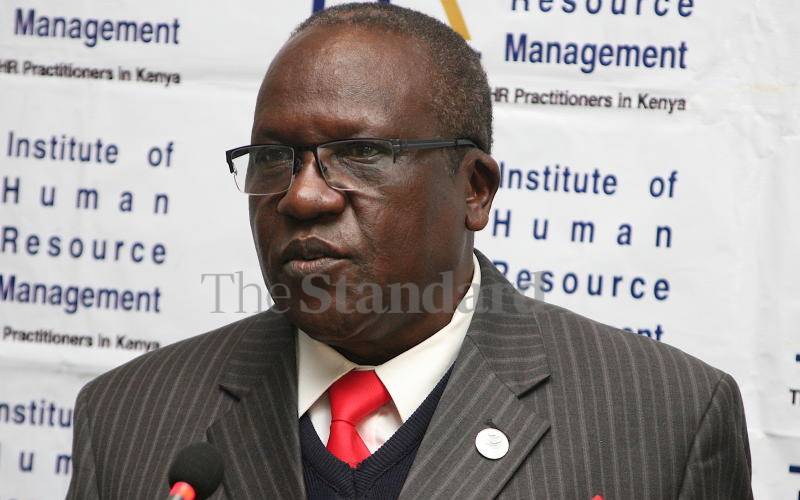×
The Standard e-Paper
Fearless, Trusted News

Professional societies have raised concerns that the current leadership wrangles in the Law Society of Kenya (LSK) are adversely affecting access to justice by Kenyans, especially for public and social interest cases and pro bono services.
Association of Professional Societies in East Africa (Apsea) has offered to arbitrate between the warring parties to resolve the disputes once and for all and “restore the Society’s glory which she has slowly lost over the last two years”.